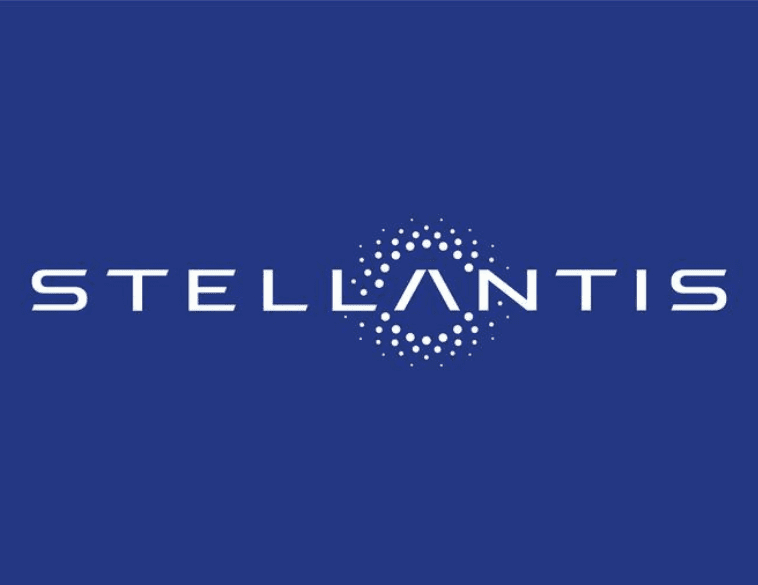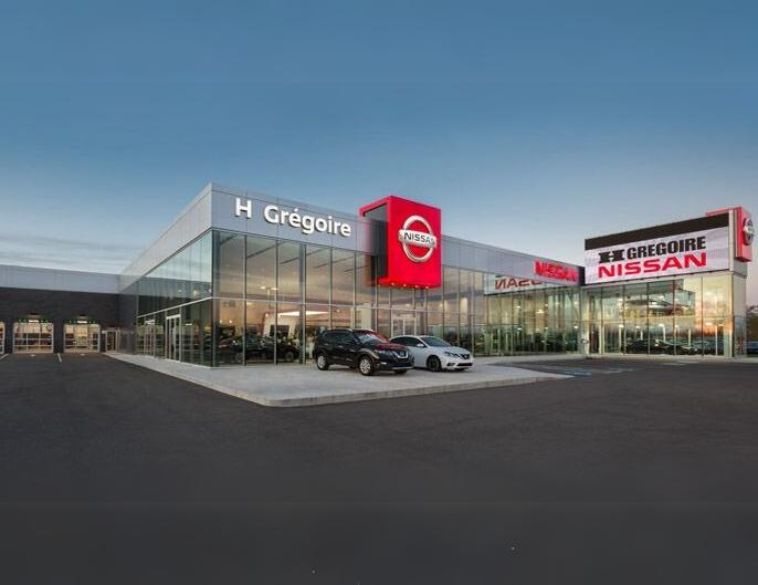With the merger between Fiat Chrysler Automobiles (FCA) and Groupe PSA (parent company of Peugeot, Citroen, DS and Opel/Vauxhall) now complete, all eyes are fixed on how Stellantis will impact the automotive industry moving forward.
Considerable resources
Collectively, the new organization, which now encompasses 14 different automotive brands and has more than 400,000 employees globally and strong presence in North America, Latin America and Europe and industrial operations in more than 30 countries, will become the fourth largest automaker globally, giving it a strong foundation and operating structure with which to expand and opportunities to revive some brands that have seen sales flag in recent years.
Stellantis has an 11-member board of directors, headed up by Chairman John Elkan, while Carlos Tavares, who was previously CEO of Groupe PSA will now assume the role for the new merged company.
Unprecedented disruption
Following the announcement of Stellantis on January 19, Tavares said, “one year after we announced this project, Stellantis is born, notwithstanding the unprecedented societal and economic disruption caused by the COVID-19 pandemic.”
He added that, “I want to warmly thank all of the teams who made this possible and also thank the entire workforce who continued to move our operations forward during this exceptional year. This demonstrates the agility, creativity and adaptability of our company, which aims to be great rather than big, determined to be much more than the sum of its parts. It is also a further signal of the new company’s determination to be a leading player in the automotive industry in this ever-changing environment. Stellantis is dedicated to ‘pursuing greatness’ and enhancing the well-being of its employees.”
More electrified vehicles
Tavares has said that the new Stellantis entity will push forward with offering battery electric and hybrid vehicles, with up to 39 models expected to be available, with the ultimate goal of producing one electrified vehicle for every new model launched.
The merger, in addition to combining resources of both FCA and Groupe PSA, will also produce significant cost savings–more than $6.1 billion, of which Tavares said around 80% of these savings are expected to be realized before the middle of the decade.



